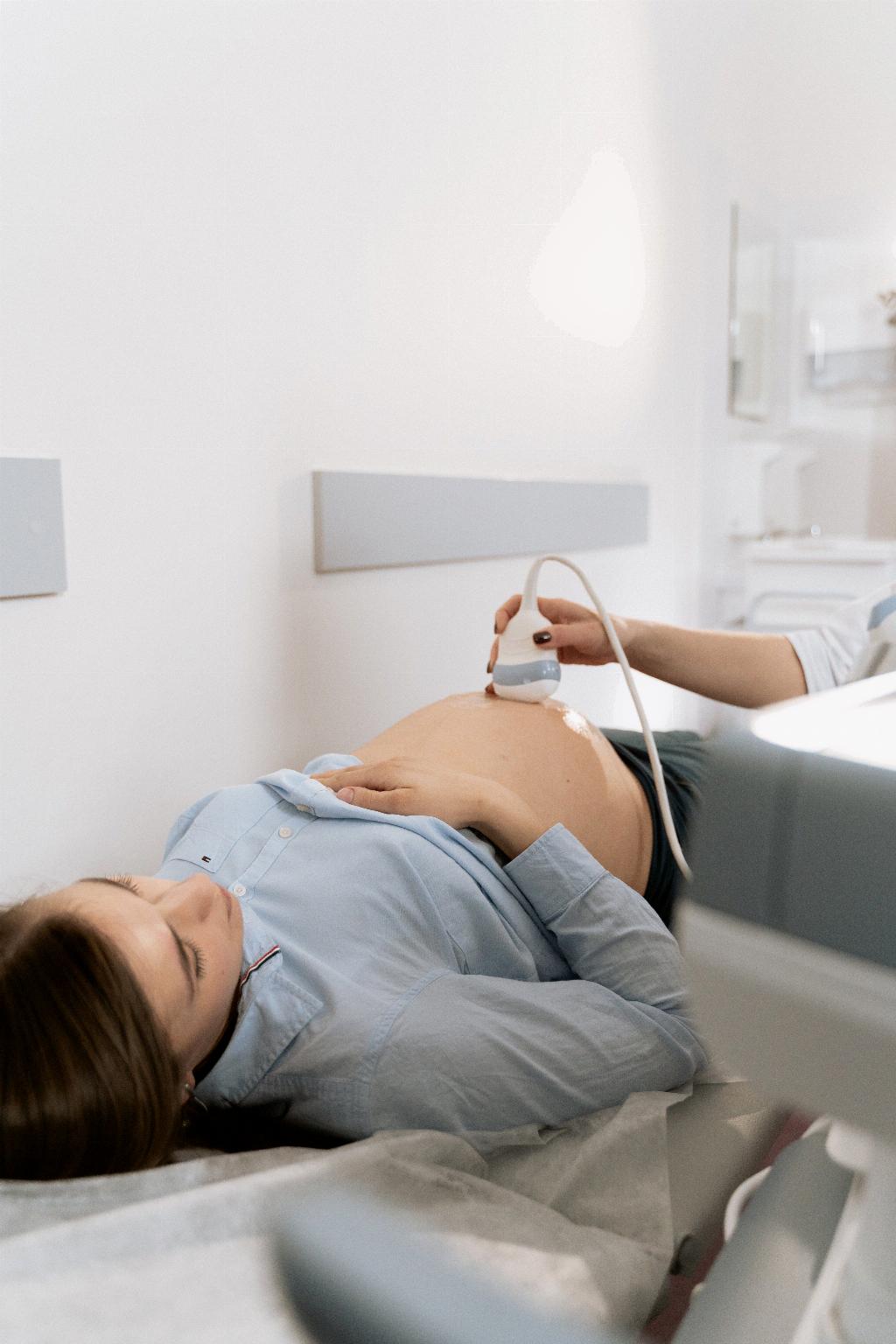When it comes to pregnancy, every little concern can make a soon-to-be parent anxious. One common question that arises is whether diarrhea can harm the baby during pregnancy. It is important to address this issue with care and attention, as the health and well-being of both the mother and the baby are of utmost importance.
Diarrhea during pregnancy can indeed pose risks to the baby if not managed properly and in a timely manner. The physical stress that diarrhea places on the mother’s body can affect the overall health of the pregnancy. Dehydration is a significant concern with diarrhea, as it can lead to complications such as electrolyte imbalances and nutrient deficiencies that are vital for the baby’s growth and development.
In more severe cases, persistent diarrhea can increase the risk of premature labor or even miscarriage. The strain of constant bowel movements and potential infections can trigger uterine contractions, putting the baby at risk. It is crucial for expectant mothers to monitor their symptoms closely and seek medical attention if diarrhea persists for more than a couple of days.
One of the major concerns related to diarrhea during pregnancy is the impact it can have on the baby’s development. The mother’s inability to properly absorb nutrients due to diarrhea can result in nutritional deficiencies that may affect the baby’s growth and organ formation. This is why it is essential to address diarrhea promptly to minimize any potential harm to the baby.
Additionally, if diarrhea is caused by an infection, there is a risk of the infection spreading to the baby through the placenta. Certain pathogens can lead to congenital disabilities or developmental abnormalities if they reach the baby during crucial stages of development. Thus, treating the underlying cause of diarrhea is key to protecting the baby from harm.
It is important for pregnant women experiencing diarrhea to stay well-hydrated and replenish lost electrolytes to prevent complications. Drinking plenty of fluids, such as water, clear broths, or electrolyte solutions, can help maintain hydration levels and promote recovery. Avoiding triggers such as spicy foods or dairy products can also help alleviate symptoms.
Consulting a healthcare provider is vital if diarrhea persists or worsens during pregnancy. The doctor can determine the underlying cause of the diarrhea and recommend appropriate treatment options that are safe for both the mother and the baby. It is crucial not to self-medicate, especially during pregnancy, as certain medications can pose risks to the developing fetus.
Furthermore, maintaining good hygiene practices is essential to prevent the spread of infections that can cause diarrhea. Washing hands frequently, especially before meals and after using the bathroom, can help reduce the risk of contracting harmful pathogens. Proper food handling and preparation are also crucial to prevent foodborne illnesses.
In conclusion, while diarrhea during pregnancy can indeed pose risks to the baby, it is important to address the issue promptly and seek medical guidance. By taking necessary precautions, staying hydrated, and following treatment recommendations from healthcare providers, mothers can protect both their own health and the well-being of their unborn child. It is crucial to prioritize self-care and seek support when encountering health concerns during pregnancy to ensure a safe and healthy outcome for both mother and baby.

